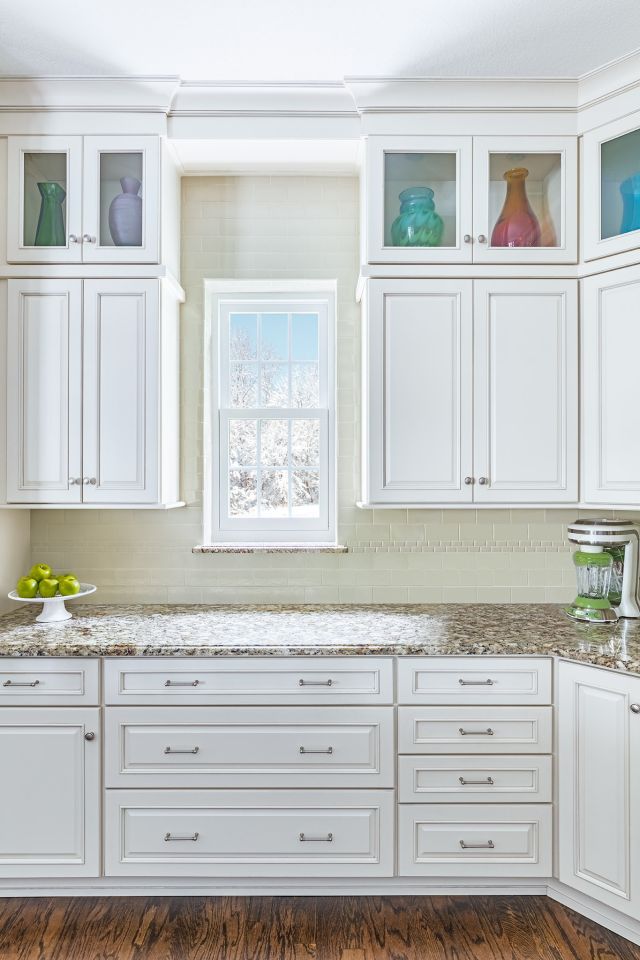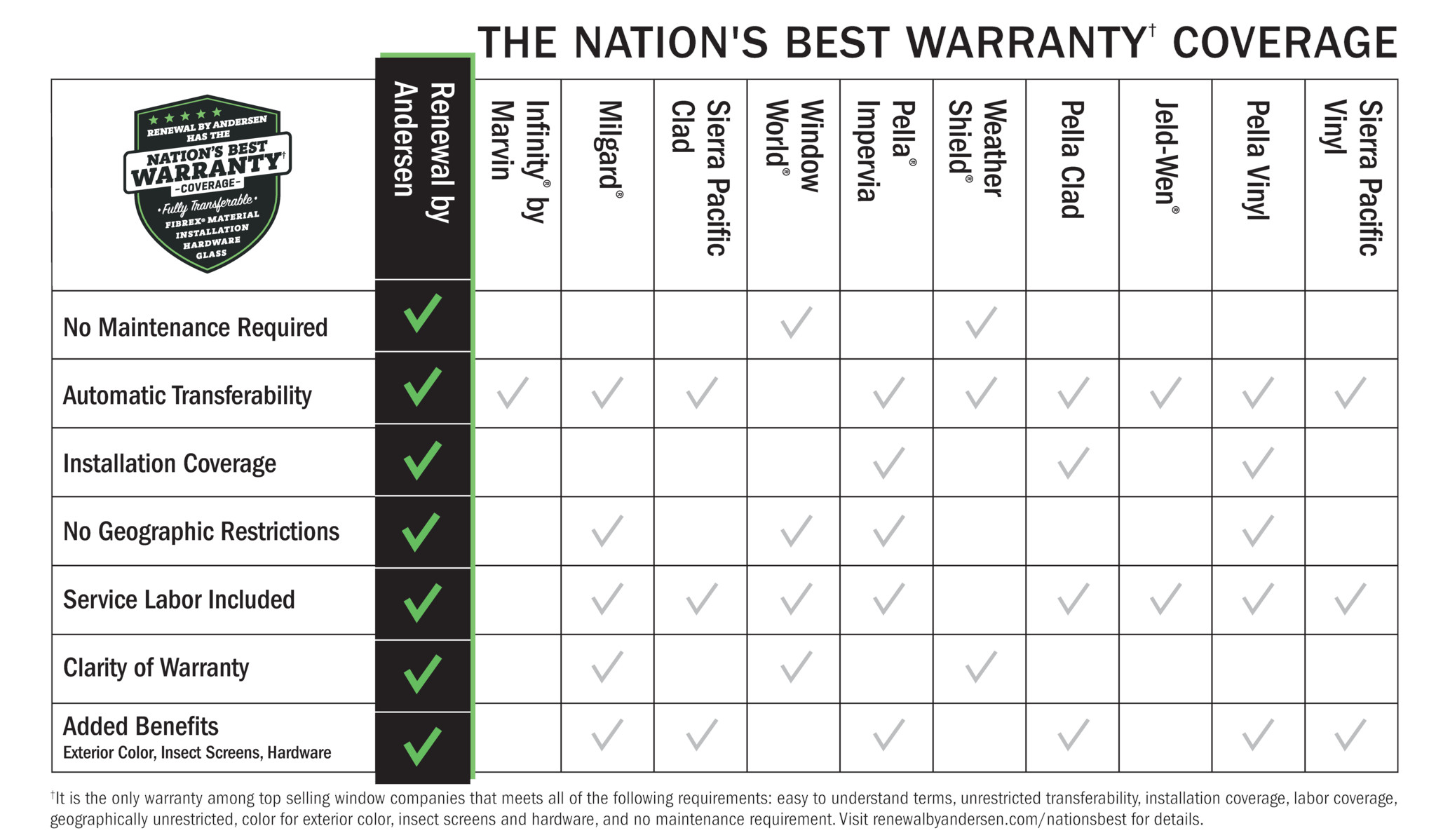Window Condensation: What You Need to Know
December 21, 2021
Window condensation can be caused by a number of factors. Though it can be the result of leaky or inefficient windows, there often are other factors that are no cause for concern. To help you better understand the phenomenon, check out these commonly asked questions about condensation and windows.
Frequently Asked Questions
Why does condensation happen?
In the spring and fall, when warm days are followed by cool nights, it’s not uncommon to see condensation on cars and grass. This comes from the same source as the condensation on the outside of your windows: dew. Exterior window condensation occurs when the temperature of the exterior glass surface falls below the dew point, and this is more likely to happen in areas of high humidity.
Should I be concerned about exterior condensation?
Dew on the outside of your windows isn’t something you need to worry about. It’s a natural phenomenon caused by atmospheric factors, not malfunctioning or leaky windows. In actuality, it’s more likely a sign of the superior energy efficiency of your windows, since it means the outer pane of your window has been insulated from indoor heat.
What’s the best way to handle interior condensation?
If your windows are regularly covered by curtains or drapes, you may notice condensation building up on the glass behind them. This is because curtains prevent warm interior air from flowing over the windows and warming up the surface of the glass. Leaving drapes and other window coverings open during daylight hours can reduce this problem, while allowing the sun to warm your room during the fall and winter months.
Interior window condensation is the result of excessive moisture in the house. Here are a few things you can do to combat this annoying issue:
- Use your bathroom and kitchen exhaust fans to vent excess moisture.
- Open your windows for short periods of time as weather permits to allow warm, moist air to escape.
- Operate ceiling fans in a clockwise direction to help circulate air and push warm air down from the ceiling.
Can condensation damage my windows?
If you have an ongoing condensation problem, there is the possibility of window damage occurring if it continues. Excess moisture can damage a window frame, as well as cause paint to peel from the sash.
How do window coverings contribute to condensation?
If your windows are regularly covered by curtains or drapes, you may notice condensation building up. This is because they prevent warm air from the room from flowing over and warming up the surface of the glass. Leaving drapes and other window coverings open during daylight hours can reduce this problem as well as help warm up your room during the fall and winter months.
Combining Beauty & Energy-Efficiency
If it has been determined that your condensation issues are, in fact, caused by failing windows, we invite you to contact Renewal by Andersen of Northeast PA at 610-798-1708 or contact us online to find out more about our replacement windows. We’ll help you choose beautiful, energy-efficient windows that will complement your home and help lower your energy bills. We can also help you learn more about humidity levels in the home and the common causes of window condensation.














